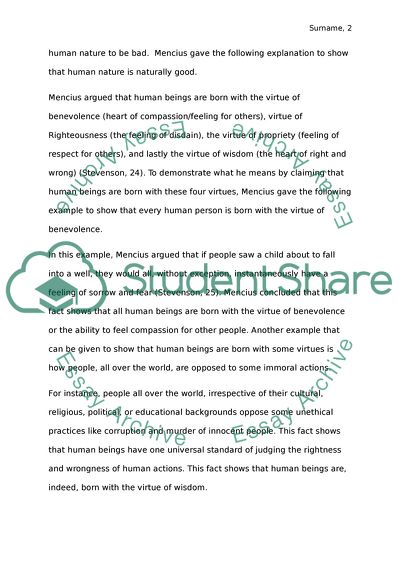Cite this document
(“Mencius On Human Nature Essay Example | Topics and Well Written Essays - 1500 words”, n.d.)
Mencius On Human Nature Essay Example | Topics and Well Written Essays - 1500 words. Retrieved from https://studentshare.org/philosophy/1670120-mencius-on-human-nature
Mencius On Human Nature Essay Example | Topics and Well Written Essays - 1500 words. Retrieved from https://studentshare.org/philosophy/1670120-mencius-on-human-nature
(Mencius On Human Nature Essay Example | Topics and Well Written Essays - 1500 Words)
Mencius On Human Nature Essay Example | Topics and Well Written Essays - 1500 Words. https://studentshare.org/philosophy/1670120-mencius-on-human-nature.
Mencius On Human Nature Essay Example | Topics and Well Written Essays - 1500 Words. https://studentshare.org/philosophy/1670120-mencius-on-human-nature.
“Mencius On Human Nature Essay Example | Topics and Well Written Essays - 1500 Words”, n.d. https://studentshare.org/philosophy/1670120-mencius-on-human-nature.


